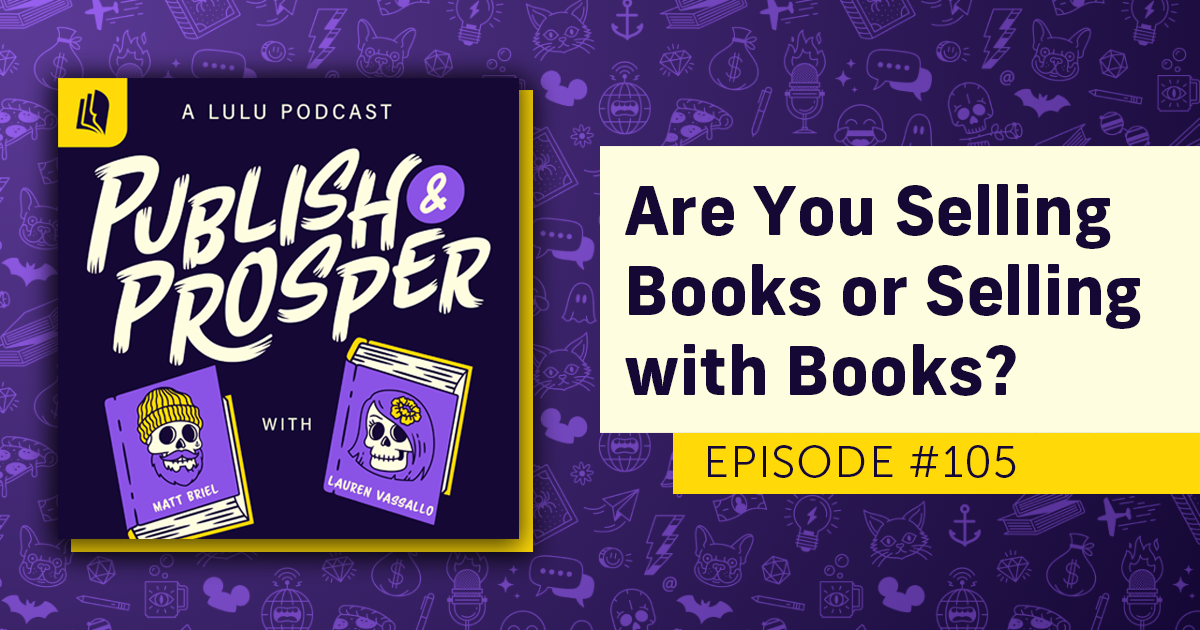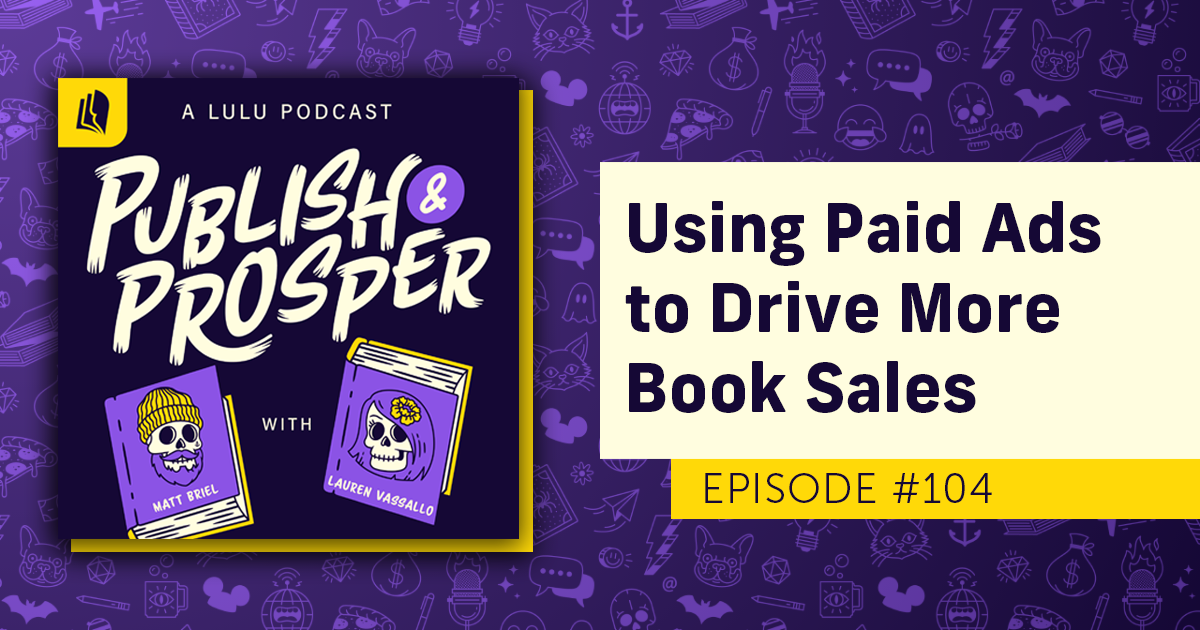A Novelist's Guide to Marketing Your Mystery Book
Like all genre fiction, mysteries are best marketed to a dedicated, niche audience. The more specific you can get, the better.
If you write serial fiction and want to build your audience, you need to focus on marketing and promoting your content and author brand. So today, I’ll outline a marketing plan for fiction writers who specialize in mysteries and thrillers with an emphasis on delivering a story mystery fans will love while developing your brand.
Understanding the Mystery Genre
Mystery is a popular genre of fiction characterized by a crime or inciting event, a trail of clues and hints, a clever protagonist, and a villain who will, ultimately, be caught for their crimes. There are numerous defining features of mysteries, giving you plenty of room to develop original stories while keeping your readers on the edge of their seats.
Skillful mystery authors take their protagonist (and readers) on a twisting and turning journey from clue to clue as the greater mystery is slowly revealed. That journey is what attracts people to mystery books: the best mystery novels are complex and thrilling, grabbing the reader’s attention and never letting go.
Historic mystery authors like Arthur Conan Doyle, Agatha Christie, and Dashiell Hammett all are renowned for their skill at misdirection. Like many classic mysteries, all three wrote detective stories with a skilled sleuth—Sherlock Holmes, Hercule Poirot, and Sam Spade, respectively. Their main characters are more than just strong protagonists though.
The most well-regarded mystery writers craft popular series fiction, with their detective characters as the lynchpin. That’s because the average mystery reader, like fans of other popular genre fiction like romance, are voracious readers.
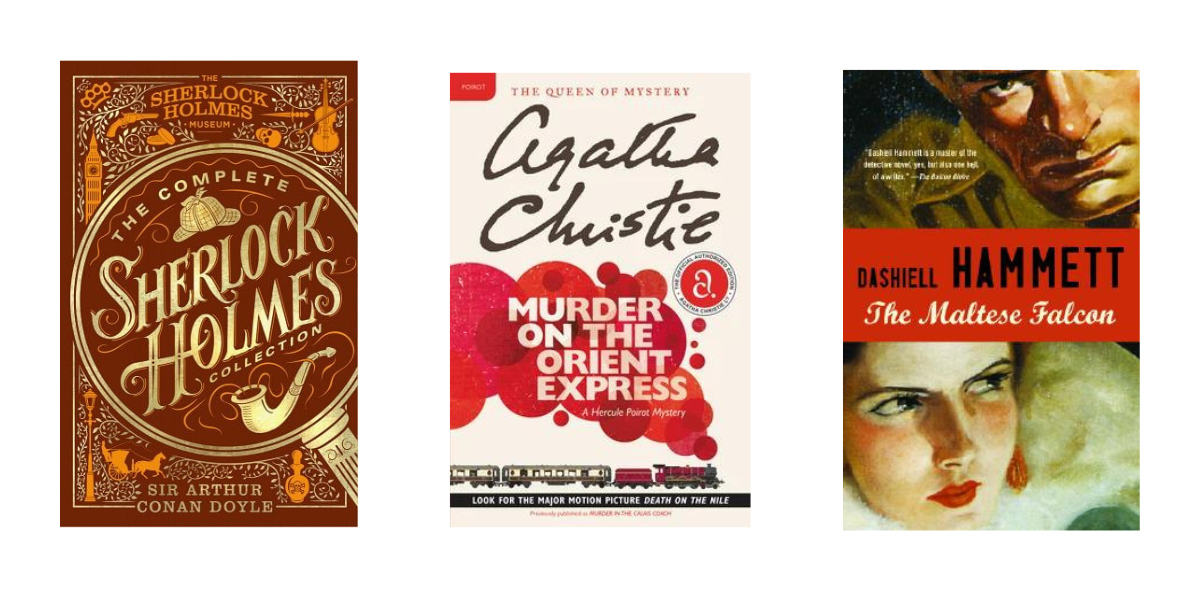
Finding Your Ideal Mystery Reader
If you’re an author or a creator of any kind and you’re trying to build your audience, there’s a common refrain you’ll hear: you’ve got to consume what your fans consume. That means you need to read murder mysteries and true crime novels and all the like.
Whether you are on the list of the best mystery books or you dive into some contemporary or cozy mysteries from the modern era, you need to be familiar with what your fans are reading. Go to your local library and check out some new releases before you publish your first mystery novel.
That research is key—you have to know what readers want if you’re going to convince them to read your books.
Once you’ve got a handle on what your soon-to-be fans are reading, you need to start interacting with them. Look for spaces online—like Facebook Groups or Discord channels—to meet and discuss mystery books and writing. Initially, you’re aiming to build a rapport with these readers. Developing that kind of connection can increase your followers and email sign-ups, which are key to growing your network and building a fanbase that will be eager to read each book you publish.

Your Free Lulu Account
Create a Lulu Account today to print and publish your book for readers all around the world
Marketing Your Mystery Book
Publishing and selling mysteries is all about the hook and the delivery. You have to capture the reader’s attention and indulge them in an intricately designed puzzle. As an author, mysteries are among the most difficult books to craft. You’ll need to manage multiple storylines and character threads, bringing them all together to resolve the plot.
While this might sound like generic advice, you have to start with a great story. If your mystery doesn’t perplex you or isn’t a page-turner, your marketing plan is pointless. While this is true for any genre, the unique nature of mystery books makes it pivotal that your story holds the reader’s attention from the first line to the last page.
But you’re a dedicated author and you’ve put the work into crafting a compelling narrative, editing it thoroughly, and designing a stunning interior and cover. So we’re not going to worry about the craft of writing a mystery or thriller today. Instead, let’s dig right into the two most important parts of your marketing plan.
The Hook
Just as the name implies, your hook is the thing that will grab your reader’s attention and draw them into your story.
In a mystery, that’s almost always the inciting event—that might be a mysterious theft, a murder, a disappearance, or anything that you can build your story around. Because you’ll be confusing your readers a bit, you need your hook to be a little bit vague or uncertain.
That’s a challenge that some other genres won’t be contending with. Good mystery books will catch the reader with a confounding situation or inexplicable event, and then twist what the reader knows (or thinks they know) to further build the tension. You’ll need a great hook to set up the complex case your protagonist will be solving.
The Delivery
The hook pulls them into your mystery fiction, and then the delivery keeps them turning the pages. You can’t rely on a compelling setup to hold your reader’s attention for the length of an entire book.
The delivery is, essentially, your book’s plot. With a mystery, the plot needs to take a lot of twists and turns and sharp veers to the left to keep your readers guessing. You need to guide them through each clue and red herring without giving away enough for them to solve the mystery before the end of the book.
With a well-crafted and clever mystery with an enigmatic sleuth, you’ve got a story mystery fans will love. Now you just need to tell them about it.
Mystery Book Brand Marketing
As you develop your strategy for marketing your murder mystery books, you’ll need to be conscious of the channels you lean on to reach your new and existing fans. Focus on the areas you know your readers are already congregating and work to develop a strong author brand so you become recognizable and trusted.
Lots of options exist for creating content and sharing that with your growing audience. In my own experience and observation of successful creators, there are four primary ways to bring your content to the world:
1. Author Website & Blog
Everything starts with your site.
The internet is a huge place and is dominated by massively popular platforms. Those platforms—like Facebook or Amazon—might be fine for helping new fans discover you, but you don’t want to make your home online someone else’s platform. It’s a concept referred to as ‘building on rented land’ and it’s something experts vehemently warn against.
The idea is that other platforms hosting your content have the final say in when, where, how, and to whom your content appears. And perhaps most important of all, users on these sites are registering and giving their information to the site, not you.
Think about how much you can know about a Facebook follower. Only the information they choose to publicly share on their profile. But if that same fan comes to your site to read a blog or learn more about you, that’s an opportunity to create a direct connection.
People who find their way to your site (from a social post, video, or blog article) can sign up for your emails—giving you valuable information you can use to speak directly to them inside their inbox.
To give you a sense of how important an author website is, here’s an example from mystery author Cheryl Bradshaw:
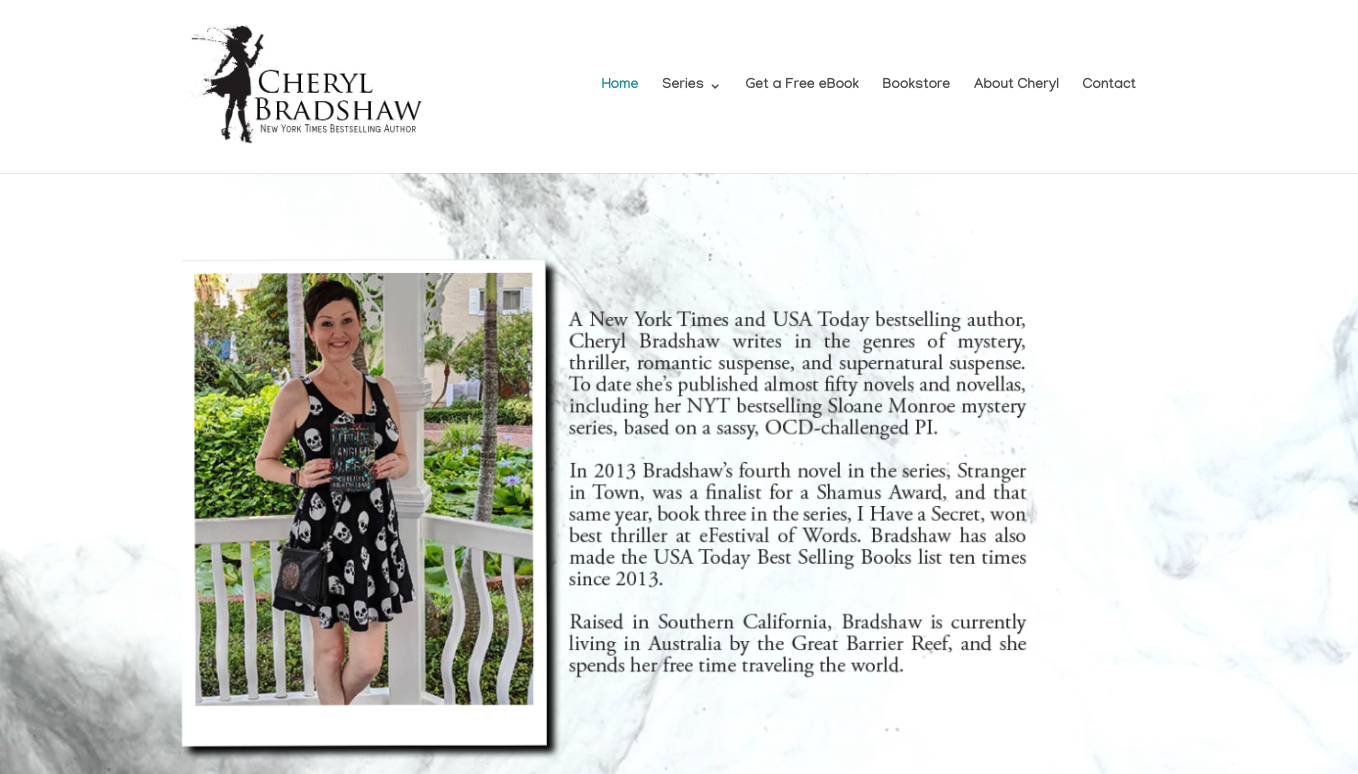
Her site features a short blurb about Bradshaw on the homepage—a great tactic when focused on brand building—along with simple navigation and, most crucially, a form to sign up for her mailing list just below her newest releases.
And she (wisely) sweetens the deal by offering a free ebook just for signing up! This is a brilliant tactic, allowing her to give away a short story or a few chapters of a book to further entice uncertain readers.
2. Email
Cheryl Bradshaw shows us just how crucial to build an email list. She believes in it so much she’s giving away her content just to get at your inbox.
Her method is one of the best and simplest ways to entice readers. Remember, the fans you’re trying to attract read a lot. They are craving new content. Offering up a chapter or a short story in exchange for an email is a powerful form of lead generation that involves very little additional effort on your part.
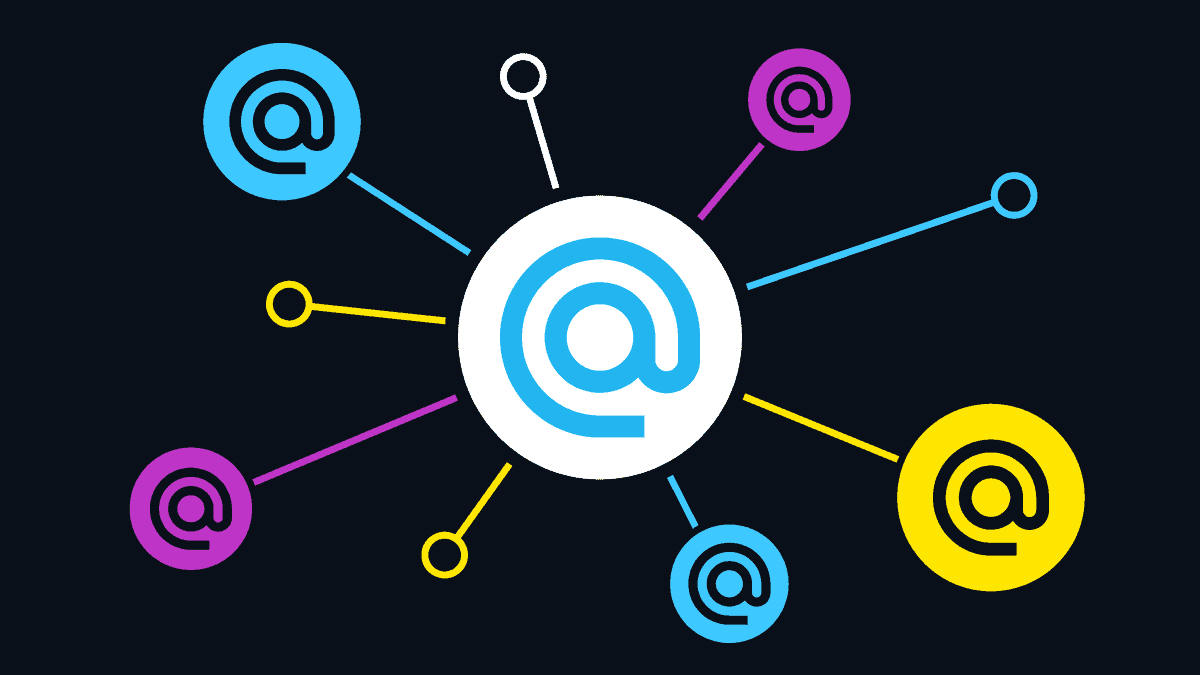
Once you’ve got a list of email subscribers building, you need to offer them regular content to keep their interest. That could include links to new blog posts, special offers, reminders about upcoming sales or releases, or even updates on your writing process.
Finally, your email list is a great opportunity to periodically market your backlist. Let your new fans know about older titles to ensure a steady stream of income from all your books.
3. Social Media
Ideally, your fans will all join your email list and visit your website often. Social media’s role in your marketing efforts will focus on relationship building.
Sites like Facebook and TikTok are where you’ll find new followers and where you’ll build connections with existing fans. According to research we conducted with The Tilt, creators focused on building an audience on social media channels just as much as growing their email list.
These two go hand-in-hand. As you work to connect with avid mystery readers on your chosen social media platforms, you’ll also be (gently) promoting your books.
Aim to be on just a couple of platforms. If you try to post something on Facebook and Twitter and Instagram and LinkedIn and YouTube and TikTok and Threads and Reddit… you can quickly overwhelm yourself. Instead, put your efforts into the platform your fans are most active on.
Once you’ve established your presence on your preferred social platforms, you’ll have a terrific place to repurpose content. Tease your new book or break up a blog article into a series of posts. Maybe create a poll with some iterations of a new cover to get live feedback from people who will want to buy your book.

4. Video & Podcast Marketing
Finally, you may want to create audio and/or video content. Both media are extremely popular right now—presenting a new potential audience for you to engage. More goes into making a podcast or YouTube video, so be sure you’ve got a good plan and the budget for equipment and software.
Podcasti,ng in particular,ar is big for mystery and thriller stories. Listeners are obsessed with true crime stories that trace real-life cases. They want the twists and turns mystery stories offer. Even with more than 3 million podcasts, there’s plenty of room for more.
In fact, that volume is a big potential benefit. Look for established mystery and thriller creators to collaborate with! Getting a guest spot on a podcast might be the perfect way to kickstart your own audience.
Your Mystery Marketing Plan
The best time to start marketing your book is yesterday. You should be planning your marketing well before the book is even done. In fact, think about marketing as selling yourself more than any specific book.
Marketing your brand might seem more complex than the cases you create for your books. But if you keep your focus on engaging interested readers, you’ll discover how loyal genre readers can be. Give them a riveting story and they’ll come back again and again for every new installment.




